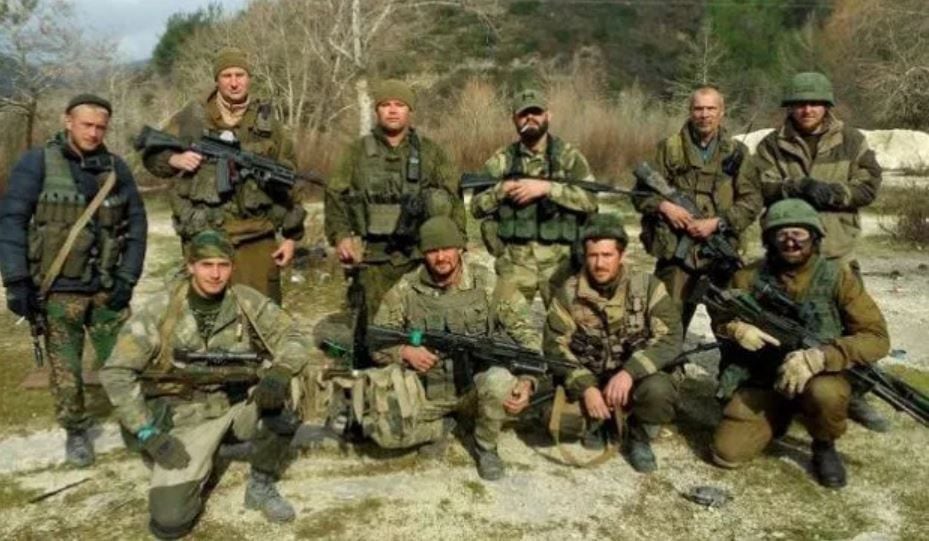
British military intelligence said Monday that Russia's private military company, the Wagner Group, has been deployed in eastern Ukraine.
“More than 1,000 mercenaries, including the organization's top leaders, are expected to deploy to engage in combat operations,” said the British Ministry of Defense.
The report states that Wagner's personnel have been prioritized for the conflict in Ukraine rather than operations in Africa and Syria. This was motivated by heavy losses and an invasion that has been slowed down by fierce Ukrainian resistance and serious logistical problems.
In recent years, private military companies, such as the Wagner Group, have become a vital tool with which Russia expands its influence in the world while defending its interests. Currently, Russian mercenaries are present in at least 30 countries on four continents, which demonstrates the expansion of this phenomenon that took place in the conflict in Ukraine in 2014 its first trial.
Although mercenary companies are technically illegal under the Russian Constitution, the fact is that they have become a key component of Moscow's “hybrid war” strategy and offer Russian head of state Vladimir Putin a means by which to “carry out his political and advancing Russian national security interests around the world,” according to a report by the Center for Strategic and International Studies (CSIS).

In general, according to the authors of The Moscow Mercenary Wars, these security firms are held by oligarchs close to the Kremlin, such as Prigozhin, who is very close to Putin and who is subject to sanctions by the United States.
One of its main tasks is to strengthen Russian foreign policy and expand its influence worldwide, since thanks to mercenaries Moscow is able to support certain countries or partners.
From a military point of view, given the capabilities of these mercenaries (usually former members of the security forces), allies can be strengthened, while military presence is established in settings where there was none and even disrupts the balance of power in certain conflicts “while maintains a degree of plausible denial on the part of the Kremlin”, emphasize the authors.
In addition, mercenaries are more expendable and their use is less risky than the deployment of Russian soldiers, especially if they die in combat or during training missions. Security company personnel have also become a source for collecting intelligence information, as well as being able to carry out covert actions and clandestine activities, according to CSIS.
Security contractors receive training before being sent abroad, in some cases even inside military bases and with the probable support of the Army and Intelligence services. The Wagner Group trains its men in two camps next to an Intelligence Services (GRU) base in Molkino, Krasnodar region.
(With information from Reuters and Europa Press)
Keep reading:
Últimas Noticias
Debanhi Escobar: they secured the motel where she was found lifeless in a cistern
Members of the Specialized Prosecutor's Office in Nuevo León secured the Nueva Castilla Motel as part of the investigations into the case

The oldest person in the world died at the age of 119
Kane Tanaka lived in Japan. She was born six months earlier than George Orwell, the same year that the Wright brothers first flew, and Marie Curie became the first woman to win a Nobel Prize

Macabre find in CDMX: they left a body bagged and tied in a taxi
The body was left in the back seats of the car. It was covered with black bags and tied with industrial tape
The eagles of America will face Manchester City in a duel of legends. Here are the details
The top Mexican football champion will play a match with Pep Guardiola's squad in the Lone Star Cup

Why is it good to bring dogs out to know the world when they are puppies
A so-called protection against the spread of diseases threatens the integral development of dogs




